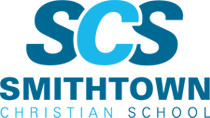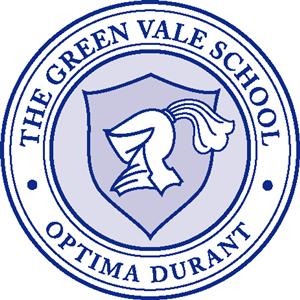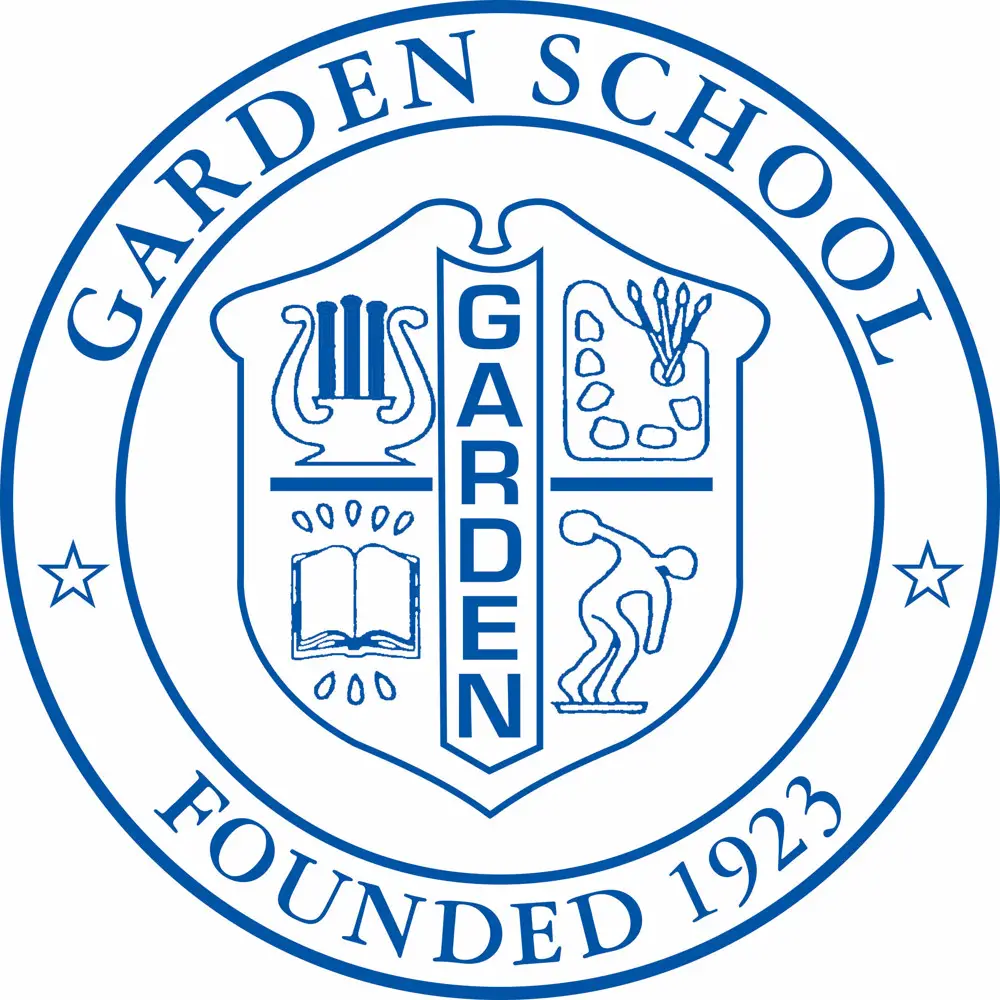Public vs. Private: How to Choose the Right School for Your Child
Get kid-friendly activities sent to you!
Get the Best Kid-Friendly Activities
Sent to You Weekly!
Independent schools offer financial aid programs in an effort to make the education provided in these schools available to children and families who may not be able to afford it.
"At Green Vale, we want to make this school an option for students and families," Watters says. "From a philosophical point of view, we want to have an environment here that allows children and families to appreciate differences-economic differences, families' backgrounds, cultural background. It is preparation for the ever-changing world."
A Balancing Act
About applying to nursery schools, "you're looking for an environment for your whole family," says Gina Malin, director of school advisory services at the nonprofit Parents League, which assists families in finding independent schools from nursery to high school in New York City. "It's a second home. It's your child's first step outside of home, so it's important you feel the most comfortable and feel that you'll be the most happy as a family."
Many families should be applying to preschool a year before their child will attend, so it's good to think ahead and really consider parents' future work schedule.
"Some families feel that they just want to dip their toe into preschool with a short week or short day," Szuflita says, "and some need coverage or feel that their children will benefit from the routine and bonding that a full schedule can provide. How to make childcare work as well as budget can be a serious factor in figuring out schedule."
Public vs. Private
"There are happy, beautifully educated students from both public and private schools," Szuflita says. But, to many parents who send their children to private schools, it is because they believe the money spent equals a better pay-off.
And there is, to some extent. "Things that are important to these parents are class sizes, teacher-to-student ratio, facilities, and have to do with the number of programs the schools can offer," Aronow says. "The fact that private schools want children to be well-rounded individuals, with art, music and athletics-those are things that will never be cut because of budgets. Also, many parents [of children who attend private schools] feel in public schools the curriculum is driven by testing as opposed to the other way around. And then there's prestige--the feeling that you're going to make connections later in life."
In general, independent schools have lower teacher to student ratio, smaller classes, and better-equipped facilities, such as science labs, art studios, and gyms.
But, now that more and more families with young children are staying in the city, these groups of parents are getting together and saying, "Let's go to the community schools together," says Aronow. With these parents putting their time, money, and energy into these zoned schools, they are able to bring more resources to the school.
Private School Admissions Advisors, a firm that helps families navigate the private school admissions process and placement primarily in New York, Connecticut, and Massachusetts, has seen an increase in the number of parents pulling their kids from public suburban Connecticut schools. "Years ago, there were 17 students per high school class," Dr. Lowe says. "Now, there are 26. Particularly in lower Fairfield County, parents are showing an interest in private schools."
Dr. Lowe, who personally visits each school, won't recommend private schools to everyone. He encourages all parents to visit the schools while they are in session, before applying, so that they can see the engagement level of students and teachers, measure how involved they can be, ask about support mechanisms, such as options for extra help outside the classroom, and ultimately see if the school "feels right."
"You can have one family walk into one school and absolutely love it," Malin agrees. "Another family can walk into the same school and say, 'This is not right for us.' And in terms of 'What's better [between public and independent schools]?' In the end, it's what's best for you and your family."
Siblings Attending Different Schools
Former teacher at Bedford Middle School, a public school in Westport, CT, Mary Vickery sent two of her three children to a public high school with about 1,800 students, while her third and youngest child, Dorothy, attended Green Farms Academy, a private college preparatory day school in Fairfield County.
"Dorothy started to see in 7th grade that she felt she wanted a smaller environment," Mary says. "She felt [the academy] was a good alternative [to public high school]. And from our point of view, the growth in her was tremendous and the confidence that we saw built was so great. If she was at [the public school], she was just going to be one of the pack. The academy had a way of making her feel like a star. Smaller [class size] is always going to be preferable if the child isn't going to be the totally self-directed type of kid."
At the same time Dorothy was entering the academy, her older sister was finishing up at the public high school--a school that was "right" for her because of her "big fish" personality, not to mention the nationally renowned arts program that matched up with her academic interests, Mary says. "If your child is one of the big fish in the pond, then keep them in the big pond, let them compete."
As a parent dedicated to her children's educational success, Mary served on both schools' PTAs. Unfortunately, this is not always an option for parents, and sending siblings to separate schools brings challenges, including scheduling conflicts.
Drawing from his own experiences as a father of three children (all of whom attended Ivy League colleges), Dr. Lowe recommends explaining the sacrifices to kids. "As a parent, it becomes a partnership in helping children. If there is communication with the child as to why you can't make it to a certain game or activity, they will understand-they really do. We always set aside time to have dinner together. That was very important in our household."
You're In. Now You Want to Transfer?
Your job as a parent involves guiding your children through difficult and disappointing times, and there will be disappointing times.
"You just can't engineer a perfect situation for your child," Szuflita says. "There are going to be bumps in the road. On occasion, letting your children experience failure is very important to their development. If we always provided a perfectly smooth and lovely path, once they get to adulthood, they will be completely unprepared for all that life has to offer."
Learning to handle these "bumps in the road" in school means active parent involvement. For many, if a student is struggling or not thriving in school, the first instinct is to pull the child out of the classroom and into a different school altogether.
However, families should exhaust all options within the existing school before making any big decisions, including having a face-to-face brainstorm session with the teacher, who should be approached as a partner in the solution. And then go up the ladder to the principal or director to see how the situation at-hand can be improved.
Breathing Easier
Rumors and horror stories may paint an unpleasant picture of the school application process. "Parents anticipate that they don't have any choice, and I know it's not easy," Szuflita says. "You need a relative tolerance for uncertainty. The variety of choice comes with anxiety, but you also get a tremendous amount of options."
And, as with any big decision, she says, "You can't make a good decision if you're operating on fear."








